Round 2 with Stardew Valley; starting from scratch in 2019
By sweep 2 Comments
I recently found myself with a moderate amount of time to kill and having been swayed by the tales my girlfriend had shared from her time in Stardew Valley I wanted to jump back in myself. I'd played a little at launch on PC (Although hadn't even finished a single year of gameplay) and hadn't tried the game after any of the many updates, so I picked up a second copy on Switch and started from scratch.
The second time around I chose a different farm layout (forest) which was great for getting extra resources (as it rewards foraging gameplay) but also carves off a chunk of your farmland in a way which you're unable to shape yourself; frustrating to someone who always enjoyed managing the aesthetic of the farmland. Still, I stuck with it/couldn't be bothered to start again, and I'm now halfway through my second year.
Hearing Dan talk about it on a recent Beastcast (as Abby has also recently started playing the game) I felt like my progression mirrored his; you start out grinding away with little money and weak tools that leave you fatigued early in the day and have little else to do. It's difficult to make friends before your first harvest as many of the villagers want gifts that aren't available until a later season. Once you've got a routine in place things start to balance out and as you become more efficient and as the farm becomes more manageable, you pivot from the monotony of endless watering to getting to know the villagers, fixing up the community center, and exploring the mine. As time goes on your farm becomes increasingly self-sufficient, to the extent that you can focus on crafting more artisanal goods, fishing, and exploring the new areas that are gradually unlocked.

I'm enjoying the "social" aspect of the game a lot more than last time, and a lot more than I expected - getting to know each of the single ladies, bringing people gifts and trying to fulfill their requests, locking down each routine so you know where find each person (not in a creepy way), and generally making friends. I always look forward to the cut-scenes and interactions you have with the other characters and it's rewarding when they open up to you. Having said that, I frequently find myself underwhelmed by the bland responses that each NPC will offer the vast majority of the time. I'm not expecting a lengthy monologue, but for a game which actively encourages and rewards you for seeking out and speaking with each of the villagers it doesn't meet you halfway by way of engaging dialogue. The consequence of this is the town feels more like Westworld than a living breathing community, and those conversations can sometimes feel like a grind, especially when you've just spent half a day trying to track down one specific individual only to be rewarded with the same two lines you've already heard dozens of times already; which is a real shame - as it would have been (and still is) an easy problem to solve with a little more variety in the responses of each character to really flesh them out.
Still, if you are willing to invest the time then there are several characters who are worth the effort. I'm really enjoying the arcs of some of the less immediately appealing characters - Abigail is fun, though apparently was written to be the perfect "gamer-girl" which seemed a little too easy, so my courtship has predominantly been focused on Haley (superficial, vapid) and Penny (shy, timid), while the friends I enjoy hanging out with the most have been George (cantankerous) and of course, Linus (perfect). It is a cause of endless frustration to me that I can't invite Linus to live on my farm in one of the many cabins that it's possible for me to build, but I guess he's up in that tent because he wants to be.
At this point in my game I've reached the bottom of the mine, unlocked the quarry, and I've built enough sprinklers that my farm takes care of itself, for the most part. There's still plenty of mysteries to solve (anyone know what this skull key does? I figured it unlocked the sewer but it doesn't seem to work), and I'd like to finish up the community center and upgrade my barn.
Stardew holds up, and I'm enjoying being able to passively play in handheld mode while listening to podcasts or killing time at home. It's not flawless by any means, but it's still interesting to explore, and refreshingly wholesome. Sometimes that's all you need.
Thanks For reading
Love Sweep

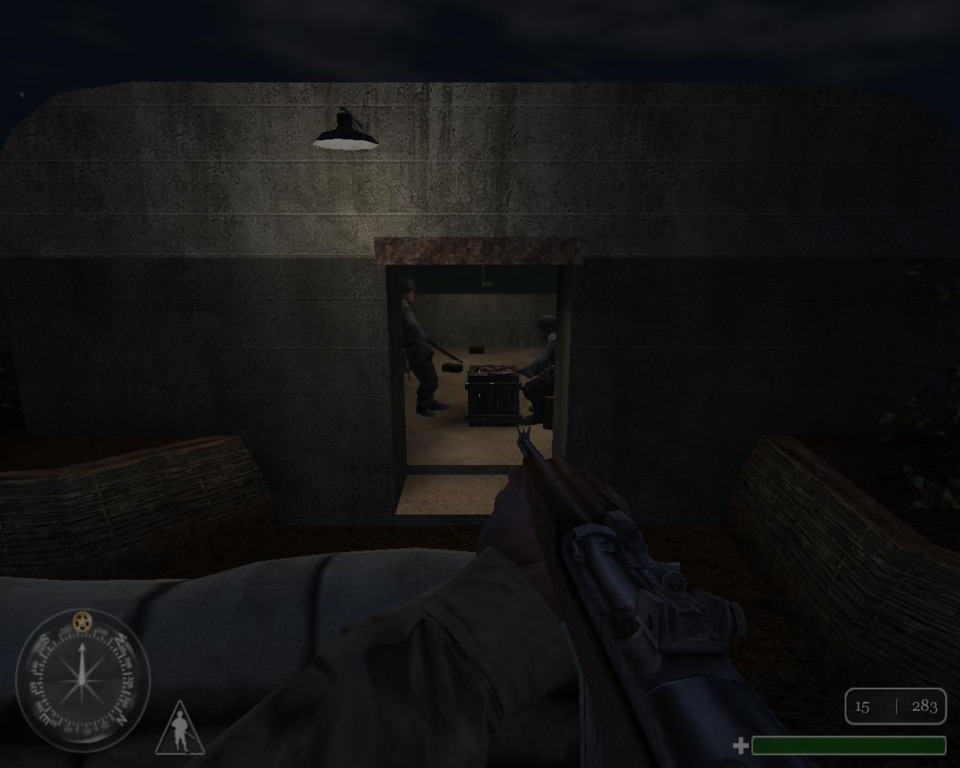

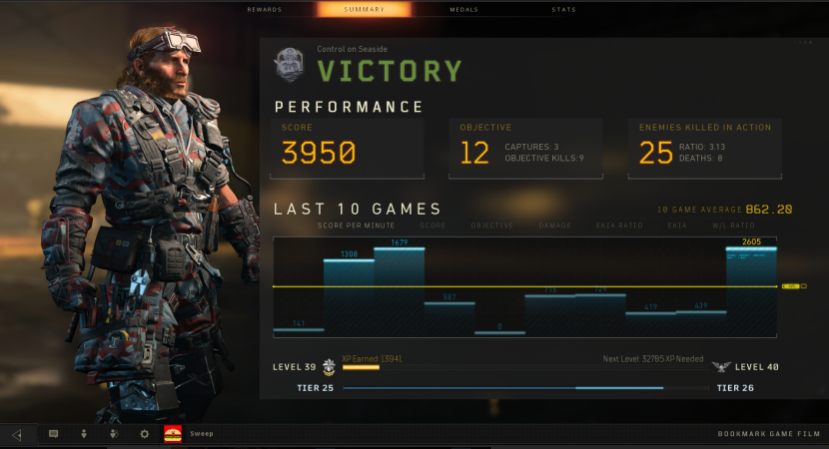
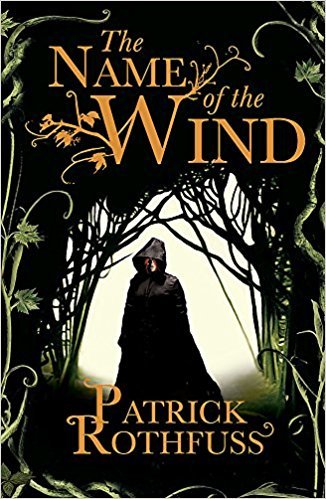
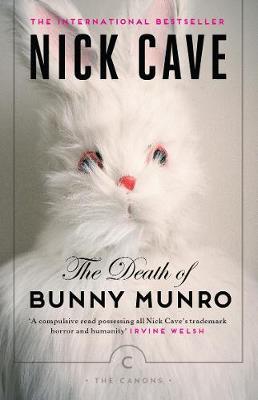
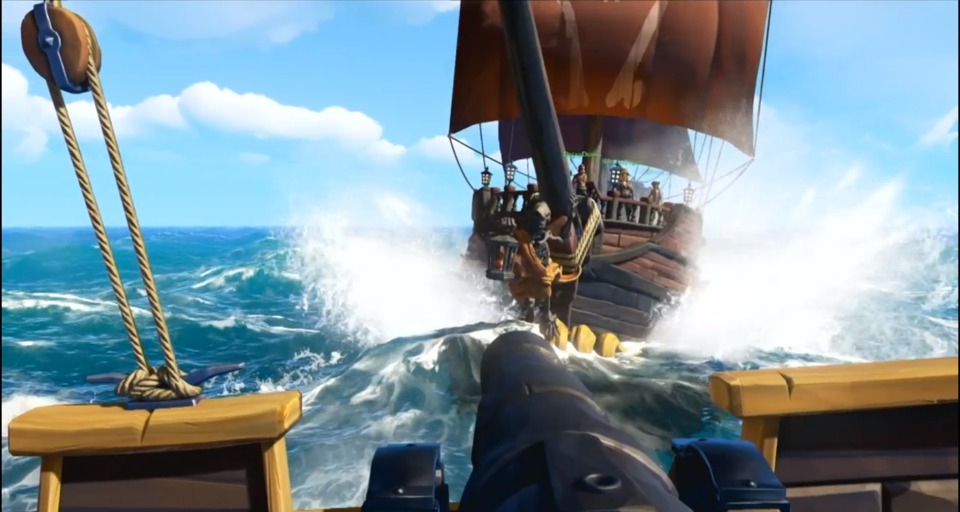
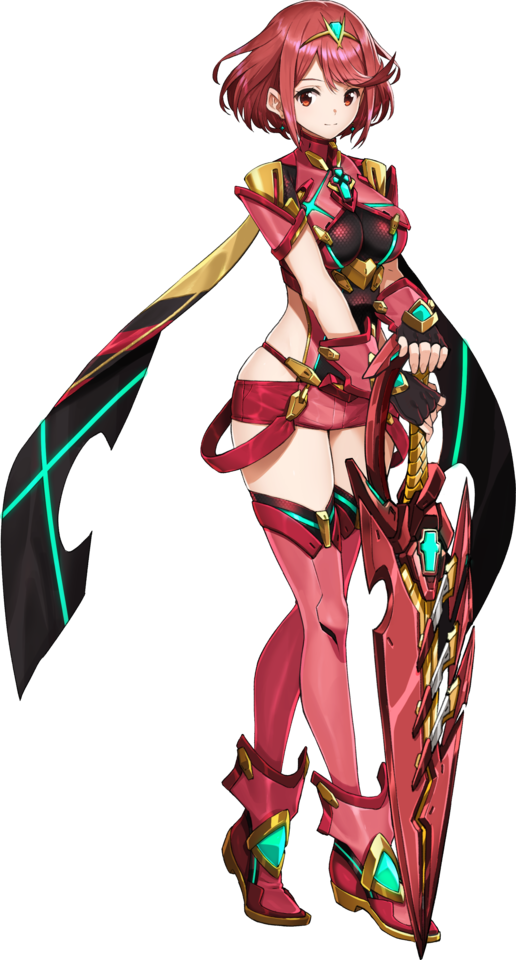
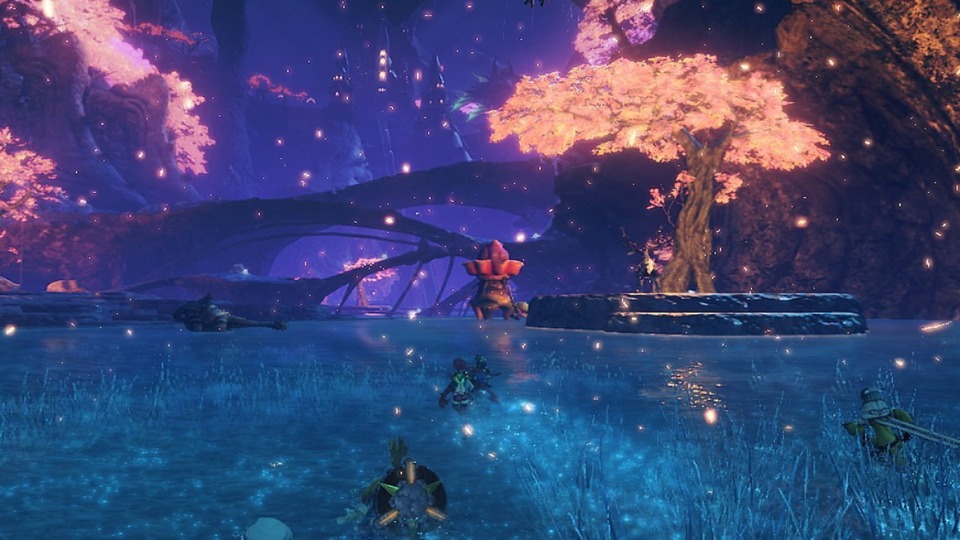
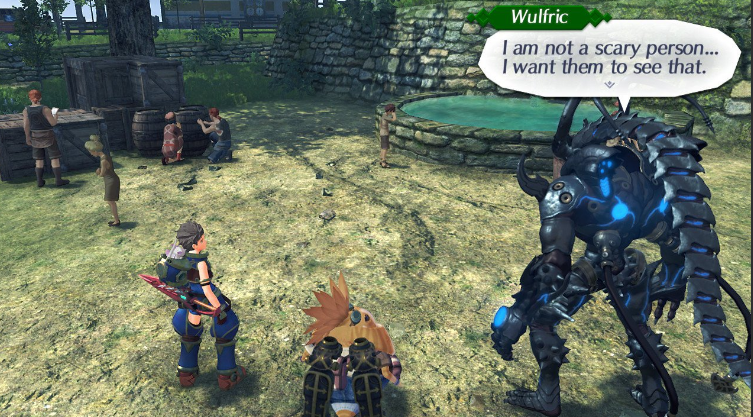
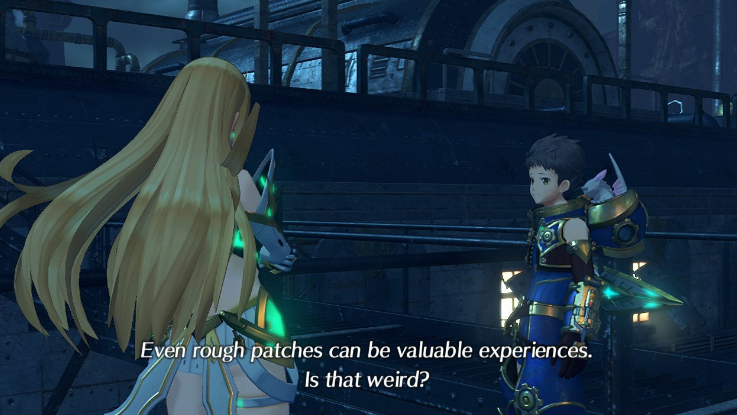
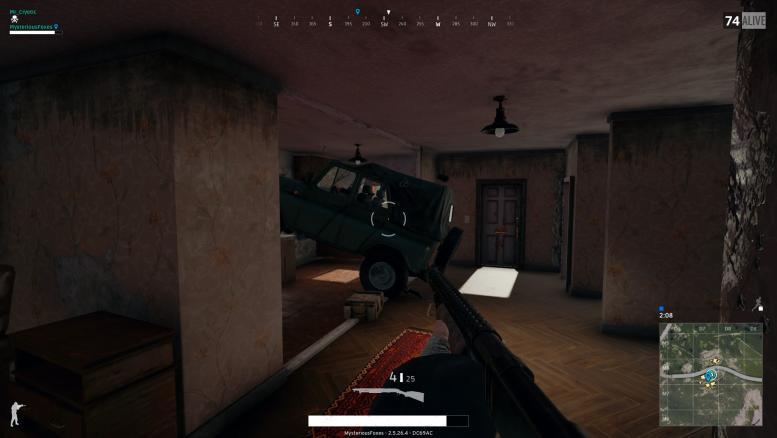
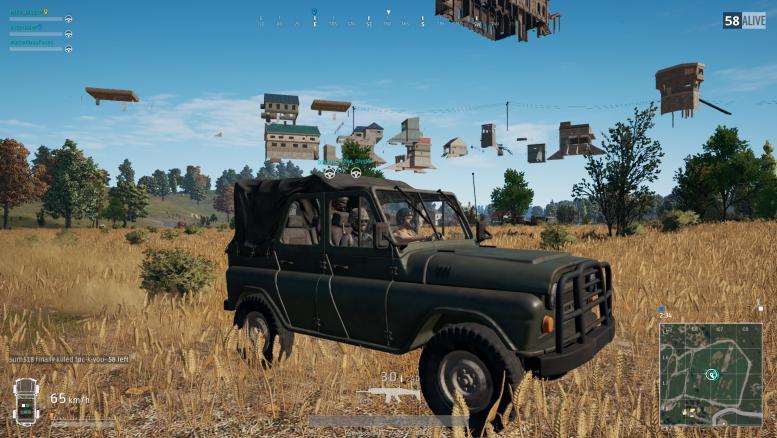
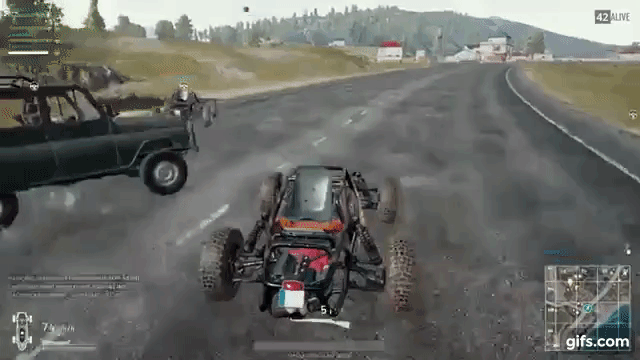
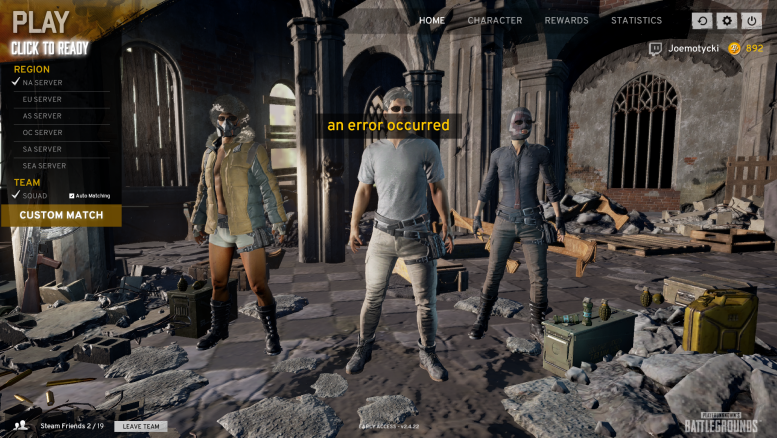
Log in to comment